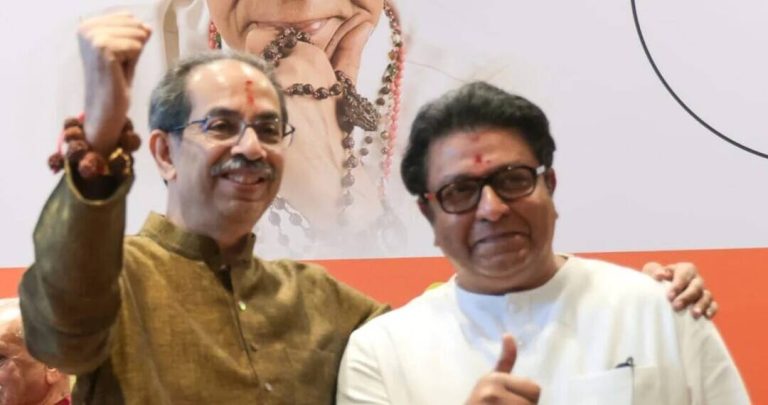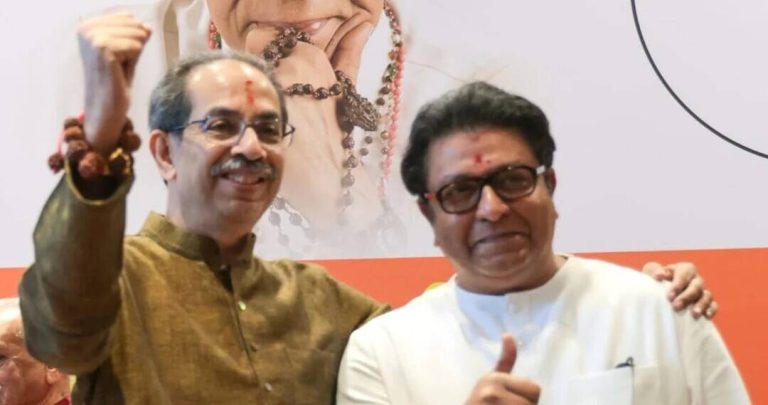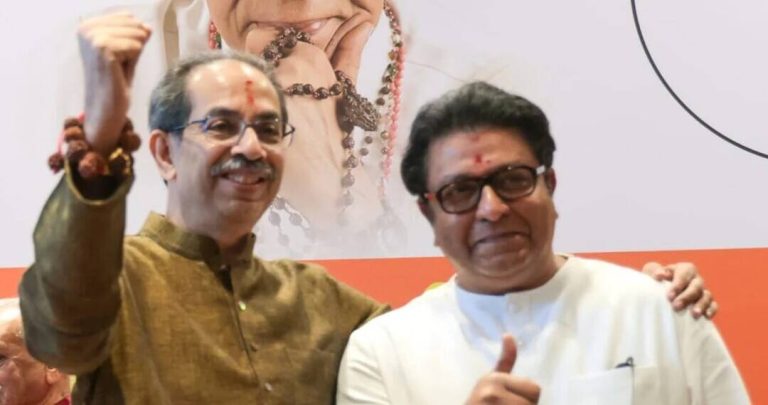
Stand & greet MLAs & MPs and listen to what they say: Maharashtra govt to employees
In a recent move, the Maharashtra government has issued guidelines for its employees on how to interact with Members of Legislative Assembly (MLAs) and Members of Parliament (MPs). The guidelines, aimed at promoting a culture of respect and courtesy, have sparked a mix of reactions from the public and government officials alike. According to the guidelines, employees are required to “stand and greet” MLAs and MPs politely when they arrive or leave government or semi-government offices.
The guidelines emphasize the importance of treating elected representatives with respect and dignity, which is understandable given their position of authority and responsibility. The employees have been asked to listen carefully to what MPs or MLAs have to say, which suggests that the government wants to encourage open communication and feedback from these representatives. By doing so, the government hopes to foster a sense of collaboration and cooperation between its employees and elected representatives.
One of the key aspects of the guidelines is the emphasis on using respectful, polite, and courteous language while interacting with MLAs and MPs, including over phone calls. This is a welcome move, as it promotes a culture of professionalism and civility in government offices. The use of respectful language is essential in any interaction, and it is particularly important when dealing with individuals who hold public office.
The guidelines have been issued in response to complaints from some MLAs and MPs about the behavior of government employees. It appears that some employees have been less than courteous in their interactions with elected representatives, which has led to a perception that the government is not treating its elected officials with the respect they deserve. By issuing these guidelines, the government is attempting to address this perception and promote a more positive and respectful attitude towards MLAs and MPs.
While the guidelines have been welcomed by some as a way to promote respect and courtesy, others have criticized them as an attempt to impose a culture of sycophancy and subservience. Some have argued that the guidelines are an overreaction to a perceived problem and that they may create a sense of unease or discomfort among government employees. Others have pointed out that the guidelines do not address the underlying issues of accountability and transparency in government, which are essential for promoting good governance.
It is worth noting that the guidelines are not unique to Maharashtra, and similar guidelines have been issued by other state governments in the past. However, the fact that the Maharashtra government has felt the need to issue such guidelines suggests that there may be a perception that government employees are not treating elected representatives with the respect they deserve.
In terms of implementation, it will be interesting to see how the guidelines are received by government employees and how they are enforced. The guidelines are likely to be met with a mix of reactions, ranging from enthusiasm to skepticism. Some employees may welcome the opportunity to interact with MLAs and MPs in a more respectful and courteous manner, while others may feel that the guidelines are an unnecessary imposition.
Ultimately, the success of the guidelines will depend on how they are perceived and implemented by government employees. If the guidelines are seen as a genuine attempt to promote respect and courtesy, they may help to improve the relationship between government employees and elected representatives. However, if they are seen as an attempt to impose a culture of sycophancy or subservience, they may have the opposite effect.
In conclusion, the Maharashtra government’s guidelines on how to interact with MLAs and MPs are a welcome move, but they also raise important questions about the nature of the relationship between government employees and elected representatives. While the guidelines promote a culture of respect and courtesy, they also highlight the need for greater accountability and transparency in government. As the guidelines are implemented, it will be important to monitor their impact and ensure that they do not create a culture of subservience or undermine the professionalism of government employees.






